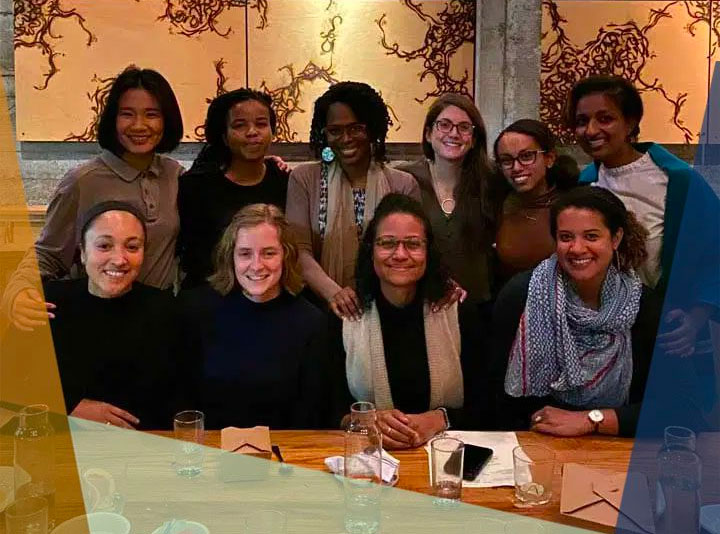The Mujahid Research Group is a social epidemiology research group within UC Berkeley’s School of Public Health. Under the leadership of Dr. Mahasin Mujahid, PhD, MS, FAHA, we are a group of students at various stages of training, staff members, and post-doctoral fellows committed to advancing racial/ethnic and class health equity at the individual, community, and societal levels.
We leverage multi-racial/multiethnic, geospatial, longitudinal/lifecourse, and intergenerational datasets to examine root causes of racial disparities in cardiovascular health, maternal health outcomes including severe maternal morbidity, and other health conditions, all with an intersectional lens and an understanding of neighborhood contexts and the systems that shape them.
Using transdisciplinary theories, diverse data sets, and various analytic methods, the Group’s work centers structurally marginalized populations and spans systems-level exposures and health outcomes.

